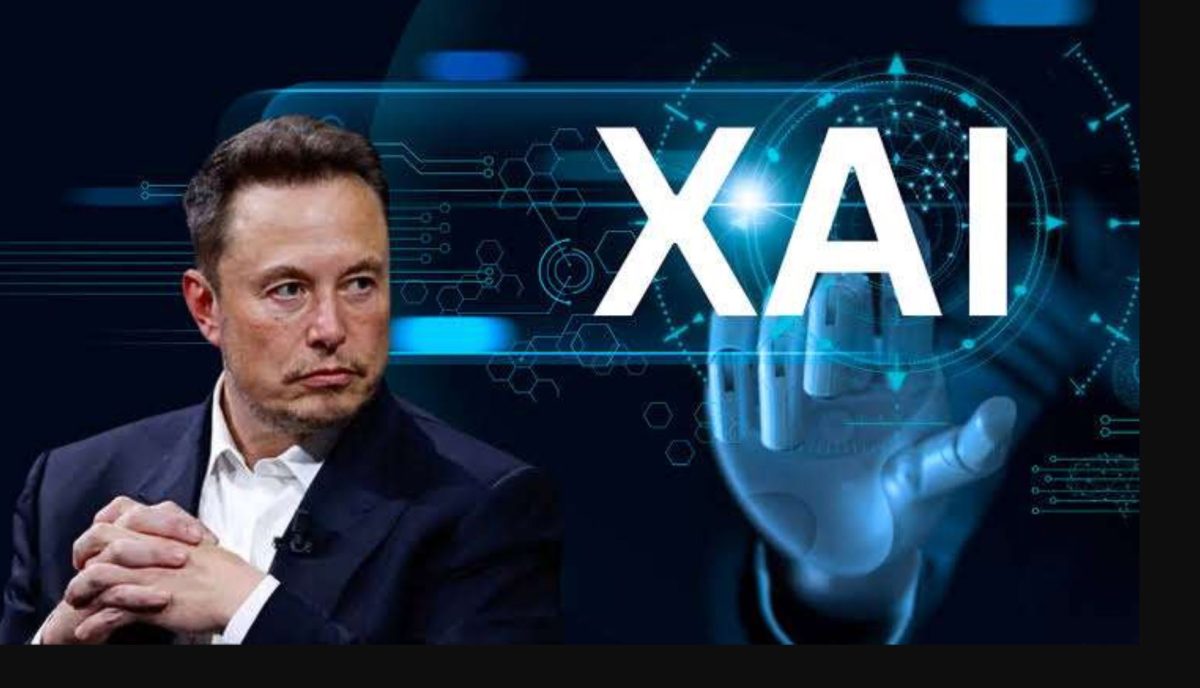Apple has responded to Elon Musk’s accusations regarding the App Store’s treatment of AI apps, specifically Musk’s claim that the platform favors OpenAI’s ChatGPT over xAI’s Grok. The dispute started when Musk accused Apple of an “unequivocal antitrust violation” after claiming that his AI platforms, X and Grok, were never highlighted in the App Store’s curated sections. 
Musk argued that Apple consistently showcased ChatGPT, thus sidelining his own AI apps, and threatened immediate legal action against the tech giant.
In a quick rebuttal, Apple clarified that its App Store rankings are based on the goal of ensuring “safe discovery for users” and meaningful visibility for developers. According to Apple, its algorithmic and expert-driven recommendations are based on objective, safety-centric criteria, not favoritism. However, external data presents a more complex picture, showing that other AI apps have reached the top spot, such as DeepSeek from China in January and Perplexity AI in July. These examples suggest that top rankings aren’t exclusive to ChatGPT.
Apple’s spokesperson emphasized that the App Store is meant to be fair, featuring a broad array of apps through charts and algorithmic suggestions. The company reiterated its commitment to offering a neutral platform that highlights valuable opportunities for developers. Musk’s frustration appears to stem from the fact that, despite X’s top ranking in the News chart, it has never received prominent App Store features. Musk contends that this makes it difficult for apps like Grok to rise in the overall rankings.
Adding to the tension, xAI launched new features, including making Grok 4 free for all users, but it still managed only fifth place overall and second in the Productivity category. This saga highlights more than just App Store dynamics-it reflects the ongoing feud between Musk’s xAI and OpenAI’s ChatGPT, with Apple caught in the middle. The dispute is not just about app visibility but about what fairness and neutrality mean in an increasingly crowded AI space.
As both parties continue to clash over fairness, the issue may eventually lead to legal action. For now, the tech world is watching closely to see how this dispute evolves beyond the public accusations and rhetoric.
3 comments
Apple has always been like that. They don’t care about anything except their own apps
For real tho, Grok is just not as good as ChatGPT, why would it get top billing? 🙄
What’s the big deal? Apple makes the rules, get over it!